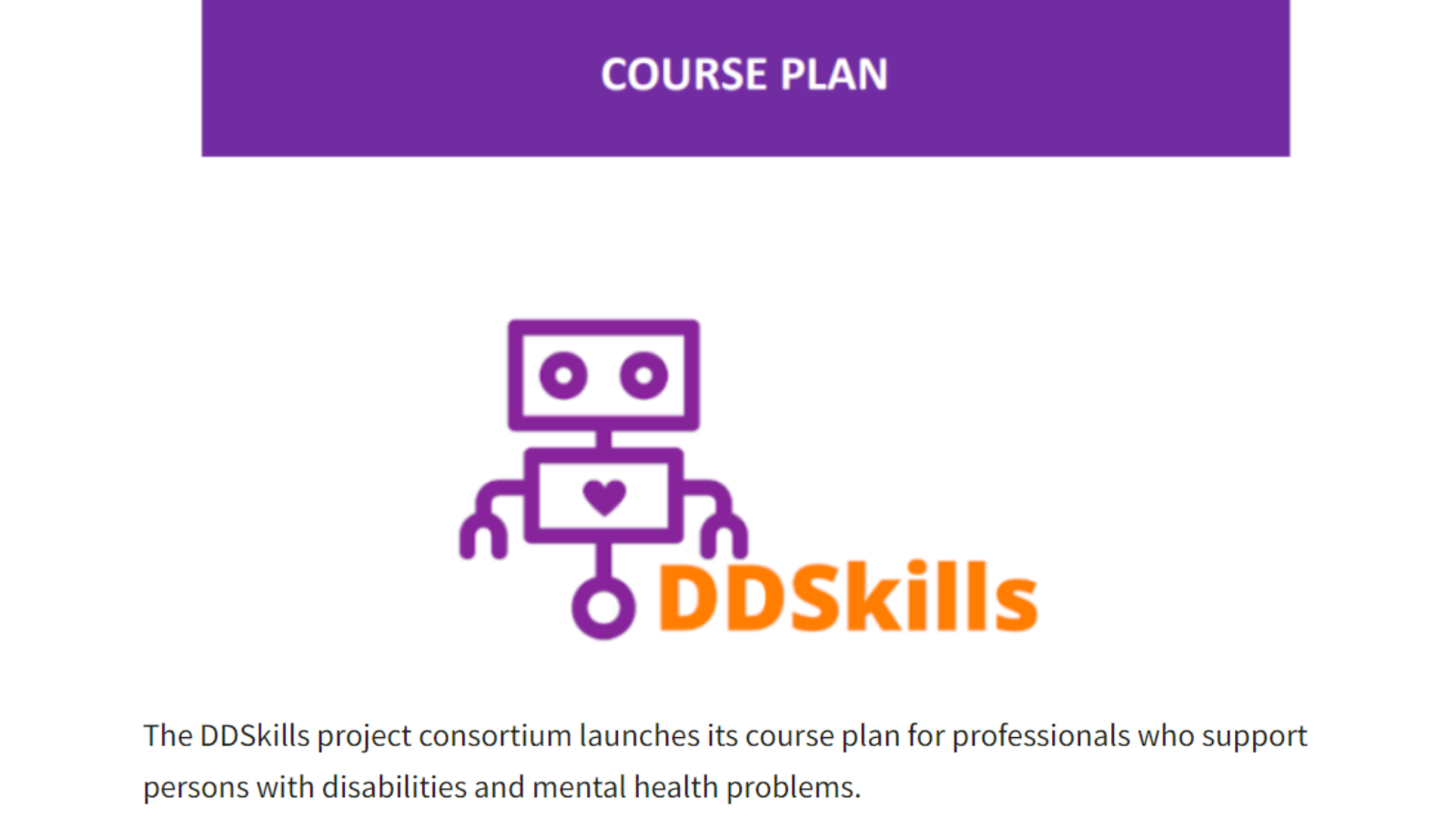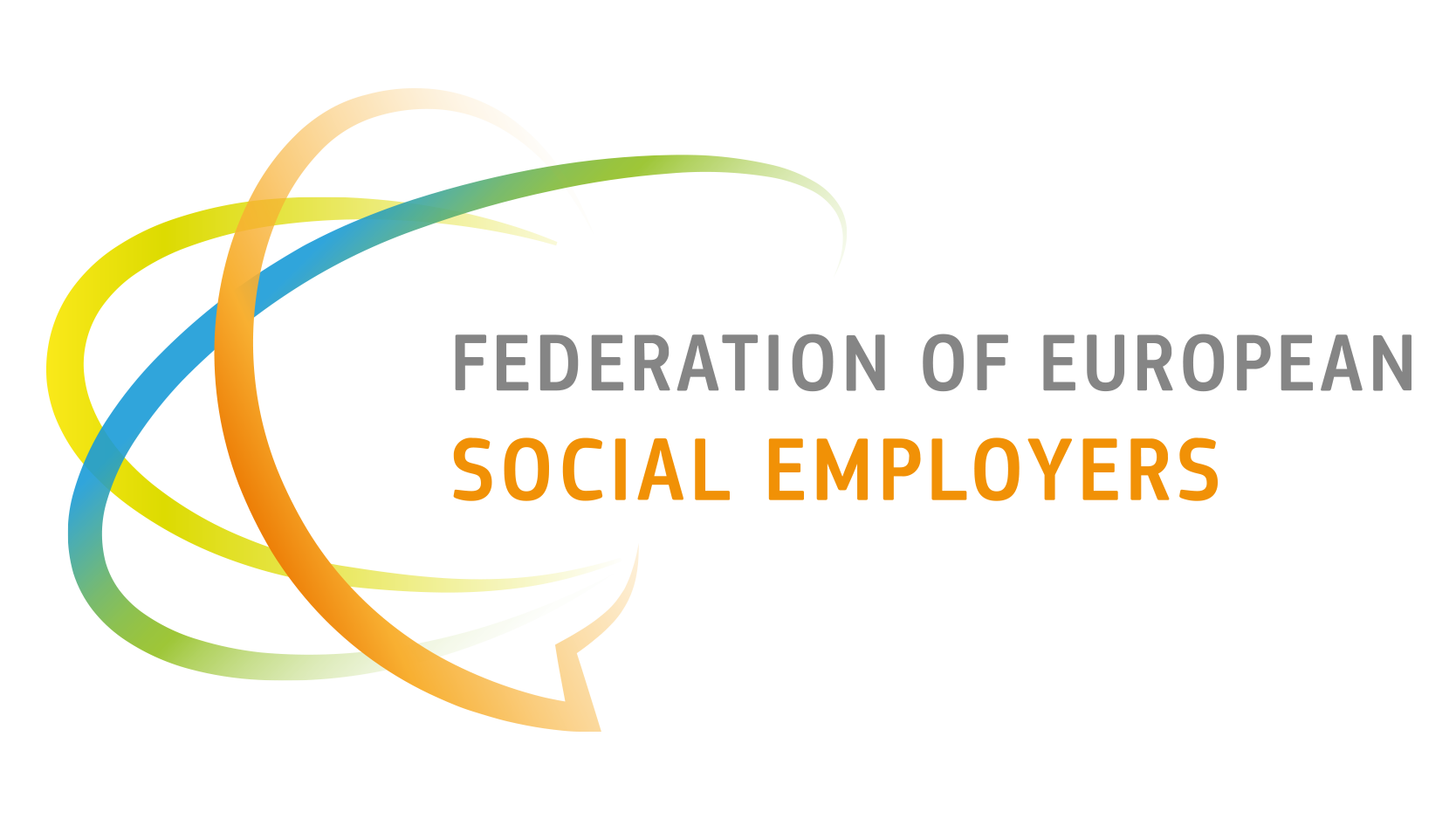The DDSkills Course Plan: “Cutting-edge Digital Skills for Professional Care Givers of Persons with Disabilities and Mental Health Problems”

The DDSkills project consortium launches its course plan for professionals who support persons with disabilities and mental health problems.
The “Cutting-edge Digital Skills for Professional Care Givers of Persons with Disabilities and Mental Health Problems” course plan is at European Qualification Framework (EQF) Level 5, equivalent to intermediate higher education qualifications. It will accredit the participating professionals with an ISO 17024 certification after successful completion of the course.
Two learning pathways are available to achieve the completion of the course, face-to-face learning or online learning. The DDSkills Handbook will serve as the basis for both pathways by providing a detailed analysis of the designated units.
The course is structured in four units aiming at providing new knowledge and skills to professionals supporting persons with disabilities and mental health problems.
The four focus areas are:
- New Technologies (Assistive Technology and Aids, Smart Home, Robotics, Augmented Reality; Virtual Reality, Brain Computer Interfaces and Green ICT), to provide learners with background knowledge on these new technologies in health and social care. This knowledge should enable learners to identify areas of application in their own working environment and support decision-making to best support clients and promote their participation.
- Self-Advocacy, Technology Acceptance and Ethical Issues, to provide clear and useful information, easily transferrable and applicable to everyday working life of people working in care and assistance of people with intellectual disabilities, in order to help and assist them in their training in self-advocacy.
- Social Networks Development, professionals will learn how to enable and encourage persons with disabilities to use E-social networks. An E-social network is a space that allows people with similar interests to come together and share information, common interests, needs, etc.
- Therapeutic Role Playing, professionals working with persons with disabilities will learn how to teach social and life skills, using augmented and virtual reality.
